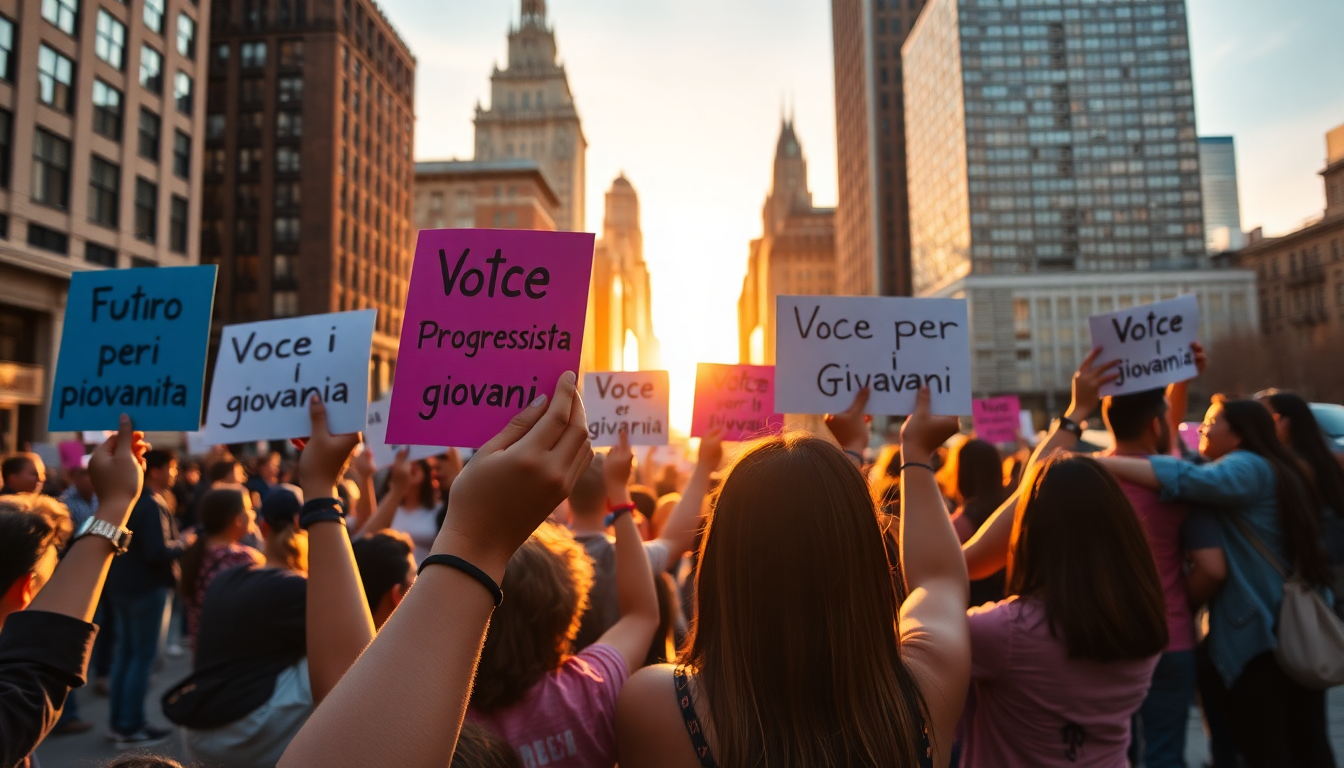Table of Contents
In a surprising twist, Zohran Mamdani has emerged as a powerful player in New York City politics, clinching a notable victory in the recent Democratic mayoral primary. This win is more than a personal triumph; it signals a significant shift towards progressive ideologies within the Democratic Party, especially among younger voters. What does Mamdani’s win mean for the future of the party and its established leaders? Let’s dive into the implications of this victory and explore what lies ahead for the party’s dynamics.
What Mamdani’s Victory Means for Progressive Politics
Mamdani’s win is being hailed as a game-changing moment for progressive politics in New York City. At just 33 years old, the assemblyman from Queens, who identifies as a democratic socialist, outperformed a roster of candidates, including the high-profile former Governor Andrew Cuomo. This victory isn’t just about Mamdani’s charisma or campaign tactics; it reflects a growing dissatisfaction among voters with the status quo. His message particularly resonated with younger constituents eager for bold changes to tackle urgent issues like housing affordability, education costs, and access to essential services.
The Democratic Socialists of America (DSA) are taking notice of this movement, emphasizing that it’s about much more than any one person or election. This underscores a collective yearning for a political shift that prioritizes community needs over entrenched interests. The DSA’s push for grassroots involvement illustrates a strategic pivot toward energizing support for candidates who embrace progressive values, positioning Mamdani as a key figure in this new wave of political engagement.
What Could Happen Next? Primary Challenges Ahead
As Mamdani’s star rises, speculation is swirling about potential primary challenges against established Democrats, including House Minority Leader Hakeem Jeffries. DSA leaders are reportedly considering running candidates against several congressional representatives in New York City, indicating a readiness to shake up the traditional Democratic leadership. Jeffries, once seen as a beacon of hope within the party, is now facing scrutiny from the far-left, who view him as too moderate for the evolving political climate. Is he prepared for this challenge?
In light of these potential challenges, Jeffries’ senior political advisor has made it clear that any attempts to unseat him will face strong resistance. This statement highlights the tension within the party as it navigates its identity and future direction. The challenge posed by Mamdani and his allies marks a broader ideological split that could reshape Democratic strategies moving forward.
The Evolving Political Landscape of New York City
The ramifications of Mamdani’s primary victory extend far beyond individual contests; they reflect a growing trend towards progressive policies that emphasize social equity and economic reform. His campaign has introduced innovative proposals, such as eliminating public transportation fares and making higher education more accessible. These ideas resonate with a populace increasingly disillusioned by traditional political norms. Are we ready for a demand for action that goes beyond mere incremental changes?
New York City’s political landscape is undoubtedly in transition, as evidenced by Mamdani’s rise and the potential challenges to established Democrats. The DSA’s mobilization of grassroots support and calls for new leadership signal a pivotal moment for the party. As we approach the 2026 primaries, the outcomes of these emerging dynamics will be vital in shaping the future of both local and national politics, potentially ushering in an era defined by progressive governance. Are we witnessing the dawn of a new political age?


